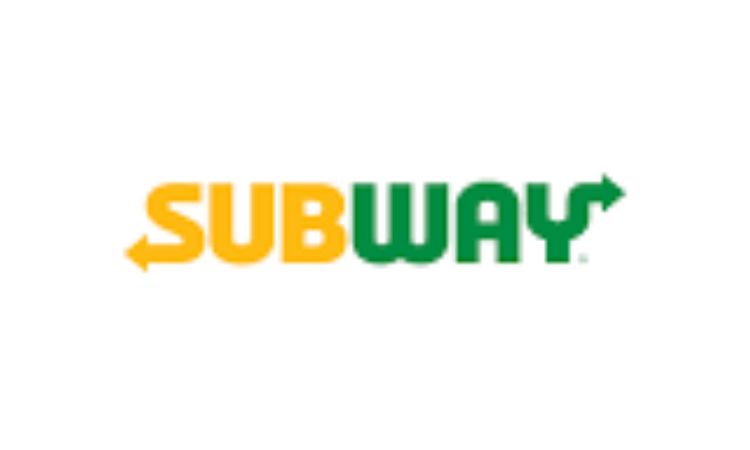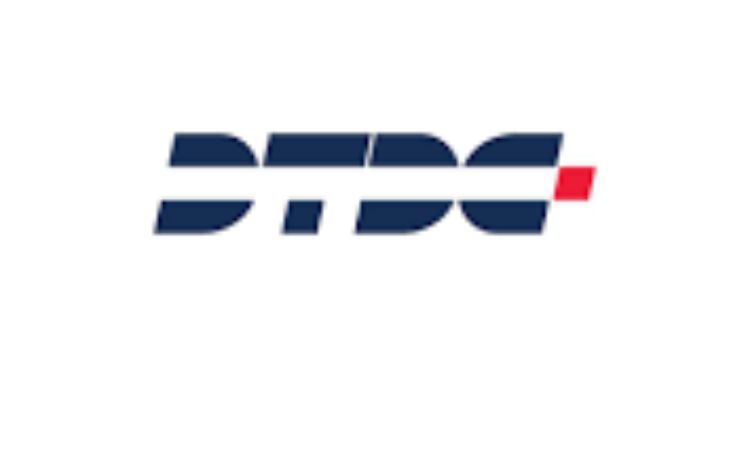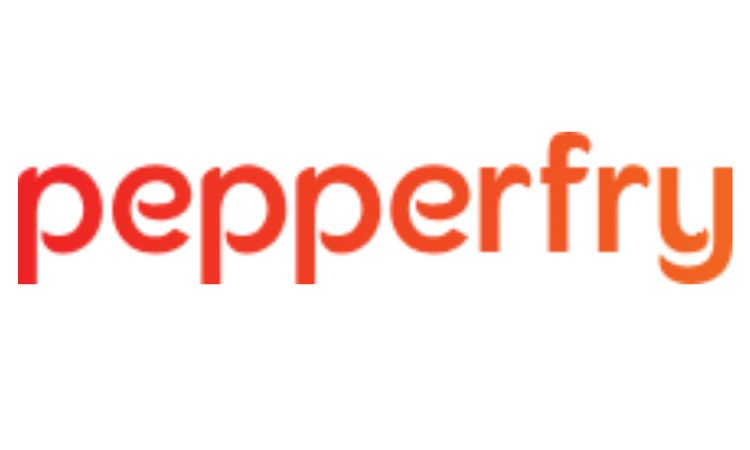The functioning of the franchise business

Franchise business refers to purchasing the right to use the name of an already established brand for setting up the business in a particular area. Basically, a Franchisor who has successfully established a business in the market space becomes eligible to sell the right to use its brand name and trademark to franchisees.
How much is a franchisee expected to pay?
The cost at which franchisees buy the right to use the name, logo, and trademark of the existing brand for selling the products in a particular area is known as the “franchise fee”. Other than this franchisees are also expected to pay royalty to their franchisor either on a monthly or annual basis, the amount for which depends on the gross profit earned by a particular franchise outlet.
The franchisors also provide their franchisees with certain training required for successfully running a business, the training basically includes legal, financial, and operational consultancy. Although franchisees operate their businesses independently they are supposed to work according to the SOP (Standard operating procedure) issued to them by their franchisor.
It has been observed that running a franchise business is much easier than building a business from scratch. Although everything has two sides to it, franchise businesses have their own pros and cons which we will discuss in the upcoming paragraphs.
ADVANTAGES OF FRANCHISE BUSINESS
- Established consumer base:- Running a business in the name of an already-known brand ensures a strong consumer base. Customers who are already familiar with a brand will mostly prefer to visit an outlet having the same name as the brand. Taking the behavioral patterns of customers into consideration, they find it difficult to trust new names and preferably go with the safer option.
- Support from the franchisor:- Franchisors help their franchisees set up their business and run it. Getting a certain degree of support in operations, recruitment, advertisement & marketing proves to be of great help.
- No industry experience is required:- There are no such specific criteria or parameters for purchasing the right to open a franchise business therefore business expansion becomes a lot easier in franchise business.
DISADVANTAGES OF FRANCHISE BUSINESS
- Initial investments:- Setting up a franchise business can be an expensive process as it requires a lot of investment in the initial phase. For example, renting an existing storeroom from a franchisor can cost you way too much.
- Financial dependency:- Franchisees need to share the financial details of their business with their franchisors, which means they have to be accountable and answerable to their franchisor which reduces their independence to some extent. The franchisors even have the authority to withdraw the license from a particular franchise if it is not performing as per the standards.
- Creative dependency:- Franchisees generally can’t execute their personal creative ideas for boosting their businesses. They are supposed to align with the guidelines or SOP provided to them by their franchisor.
| PROS | CONS |
| Existing brand awareness. | Higher investments. |
| Franchisor’s support | Higher level of dependency |
| No need of prior experience | No room for personal creativity. |
FRANCHISE BUSINESS OPPORTUNITIES IN INDIA
Let’s explore the existing franchise business opportunities in India that are profitable.
1. Salons
Example:-
LAKME SALONS:- (investment required – 25 lakh or more)
Lakme is an Indian cosmetic brand launched in the year 1952. It is owned by Hindustan Unilever and the cosmetic brand has successfully established itself in the Indian salon industry with franchises spread across over 350 Indian cities. Lakme salons have over 400 salon managers, 4000+ trained experts, almost 400 salon managers and more than 200 franchise partners.
Pizza chain
Example:-
Domino’s pizza:- (investment required – up to 30 lakh)

The American originated business has become a significant pizza brand worldwide. Domino’s entered the Indian market space back in 1996 with the opening of its first outlet in New Delhi and currently operates over 500 franchises spread across 120+ Indian cities. The brand serves a wide range of pizza at reasonable prices and facilitates strong customer support services making it a trustworthy pizza chain.
3. Personal care
Example :-
Patanjali:- (investment requirement – 7 lakh or more)

Patanjali A venture started by Baba Ramdev and Balkrishna back in the year 2006 has become a pioneer ayurvedic brand recognized at the multinational level. Patanjali has over 4700 retail counters, 3500 distributors, and warehouses located in over 18 Indian states making it a considerable franchise business option.
4. Food & beverages
Example:-
Subway – (investment requirement – 50 to 90 lakh)

Subway which has become a popular food & beverage destination for Indian youngsters began its journey in India in the year 2001 with the opening of its first franchise unit in New Delhi and at present the brand has over 600 franchise units spread across the length and width of the country.
5. Healthcare
Example:-
Dr. Batra’s clinic – (minimum investment – 15 to 20 lakh)

A homeopathy clinic chain that is also available in foreign countries including the UK, Dubai, and Bangladesh other than India. Batra’s clinic has over 75 franchise partners with over 2000 employees and 400 medical experts working for the franchises.
6. Primary schools
Example:-
Kidzee- (minimum investment- 12 lakh)

Kidzee is Asia’s largest preschool chain with over 1000+ franchise units located in over 500 Indian cities. Kidzee is considered one of the best play schools in India due to its age-appropriate progressive curriculum. The company has a vision to change the face of early childhood education by focusing on the grooming needs of children.
7. Clothing
Example:-
FabIndia – (investment requirement – 40 to 50 lakh)

The foundation of FabIndia was laid in the year 1960. The clothing brand provides its customers with a wide range of ethnic and traditional options and emerged as a competition to some of the prominent clothing brands. Currently, there are over 175 franchise outlets running under the name of FabIndia.
8. Courier services
Example:-
DTDC courier – (investment requirement – up to 1.5 lakh)

Starting in the year 1990, it has become the most reliable courier service company in India which offers franchisee partnership at a low cost. Reportedly, it has over 5800 successful channel partners across India.
9. Icecream
Example:-
Amul – (investment requirement – up to 2.5 lakh)

Amul is the Indian household name and the most trusted one when it comes to dairy products. Setting up the Amul ice cream business does not require much capital but in terms of returns, this business idea is considered to be profitable.
10. Footwear
Example:-
Khadim’s – (investment requirement- 20 to 30 lakh)

Established in the year 1981, the footwear brand has over 480 outlets spread across 23 Indian cities. Khadim’s is known for providing qualitative footwear at affordable prices.
11. Laundry services
Example:-
Tumble Dry – (investment requirement – 25 lakh)

Launched in the year 2019 it has already become a dominant player in the laundry and dry cleaning industry. The brand not only deals in the clothes segment but also provides services like bag repair & cleaning, shoe cleaning, and carpet cleansing. It is doing well in the franchise business, it has over 604 outlets across 198 Indian cities.
12. Furniture
Example:-
Pepperfry – (investment requirement- 10 to 40 lakh)

Pepperfry Started as an online platform for furniture in the year 2011, it has now entered into the offline market as well with nearly 60 stores across 28 Indian cities.
Conclusion
There are many other examples of franchise businesses performing well in the Indian market. Although it is easier to run a franchise business, it also has its own disadvantages. Proper market research, understanding of the domain, and analysis of monetary risks are some of the key factors one must consider while taking over a franchise business.















